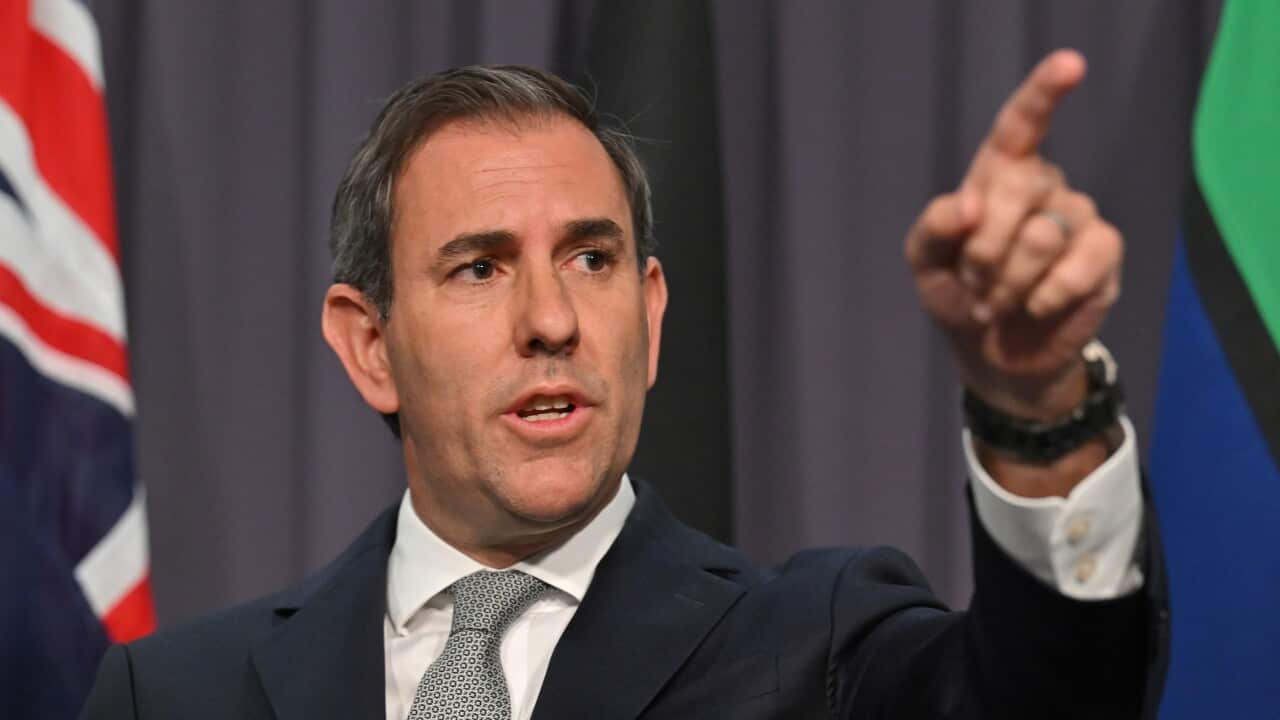The government has retreated on changes to unrealised capital gains and adjusted tax concessions for larger superannuation balances following ongoing concerns from businesses and economists.
In a surprise press conference on Monday, Treasurer Jim Chalmers announced six superannuation changes signed off by cabinet hours earlier.
Following a review, the government is proposing a second tier of super concessions, with a 40 per cent tax rate applying for balances over $10 million.
This change comes in lieu of a super cap and will operate alongside the original 30 per cent on balances above $3 million as proposed.
Both balances will be indexed, addressing concerns the thresholds may capture more Australians over time due to bracket creep.
The changes include the removal of tax on unrealised capital gains, which Chalmers said "was a genuine sticking point" for critics, hoping its removal will mean "no excuses but to support" the changes.
Australians on lower incomes will also see a change to their super tax offset, which will increase from $500 to $810 as the government expands the eligibility criteria from a $37,000 cut-off to $45,000.
Chalmers said the government had taken into consideration a series of feedback from industry experts, including during the economic roundtable in August.
"Our objective, which will be satisfied with these changes, is a fair tax system from top to bottom," he told reporters in Canberra on Monday.
"It means better outcomes for people on the lowest incomes and better targeted concessions for people with the biggest balances. And that's a good outcome from our point of view."
Chalmers highlighted "14 times more people will benefit from the lower income super changes than will be impacted by the better targeted concessions".
What are the six superannuation changes?
- From 1 July 2027, Australians earning between $28,000 and $45,000 will receive a $810 offset at tax time.
- Superannuation balances over $10 million will be taxed at a 40 per cent concessional rate, alongside the existing proposal to tax balances over $3 million at 30 per cent.
- Both the $3 million and $10 million thresholds will be indexed over time to address bracket creep.
- The new changes will not apply to unrealised gains.
- The changes will be delayed by a year, until July 2026, to allow for consultation, except for the lower income tax offset.
- Extend existing constitutional tax exemptions for federal and state judges.
Greens accuse Labor of succumbing to 'pressure'
Chalmers said he'd had an initial conversation with Greens leader Larissa Waters about the changes following the cabinet meeting and hopes to "engage constructively" with the party.
Greens senator Sarah Hanson-Young said Chalmers had been forced to "weaken" his tax reform due to "pressure" from big businesses and the wealthiest, as the party welcomed tax relief for lower-income earners.

However, ahead of reviewing the full legislation, Greens economic justice spokesperson Nick McKim said on Monday afternoon the changes demonstrated the Albanese government "doesn't have the guts to tax big corporations and billionaires fairly".
"Labor has stripped out the tax on unrealised gains and indexed the $3 million threshold, a gift to the super-rich that will cost the budget billions.
"This is a capitulation to the wealthiest people in the country, and a slap in the face to everyone else who pays their tax straight out of their pay packet."
Meanwhile, the Opposition's Treasury spokesperson Ted O'Brien said Labor's back-down was a "win for everyday Australians".
“The Coalition will read the details before coming to any conclusion, which is the usual process, of course," he said.
“We opposed it every step of the way. And I want to say that today really is a victory for the coalition of common sense over a very tax hungry Labor government."
For the latest from SBS News, download our app and subscribe to our newsletter.

